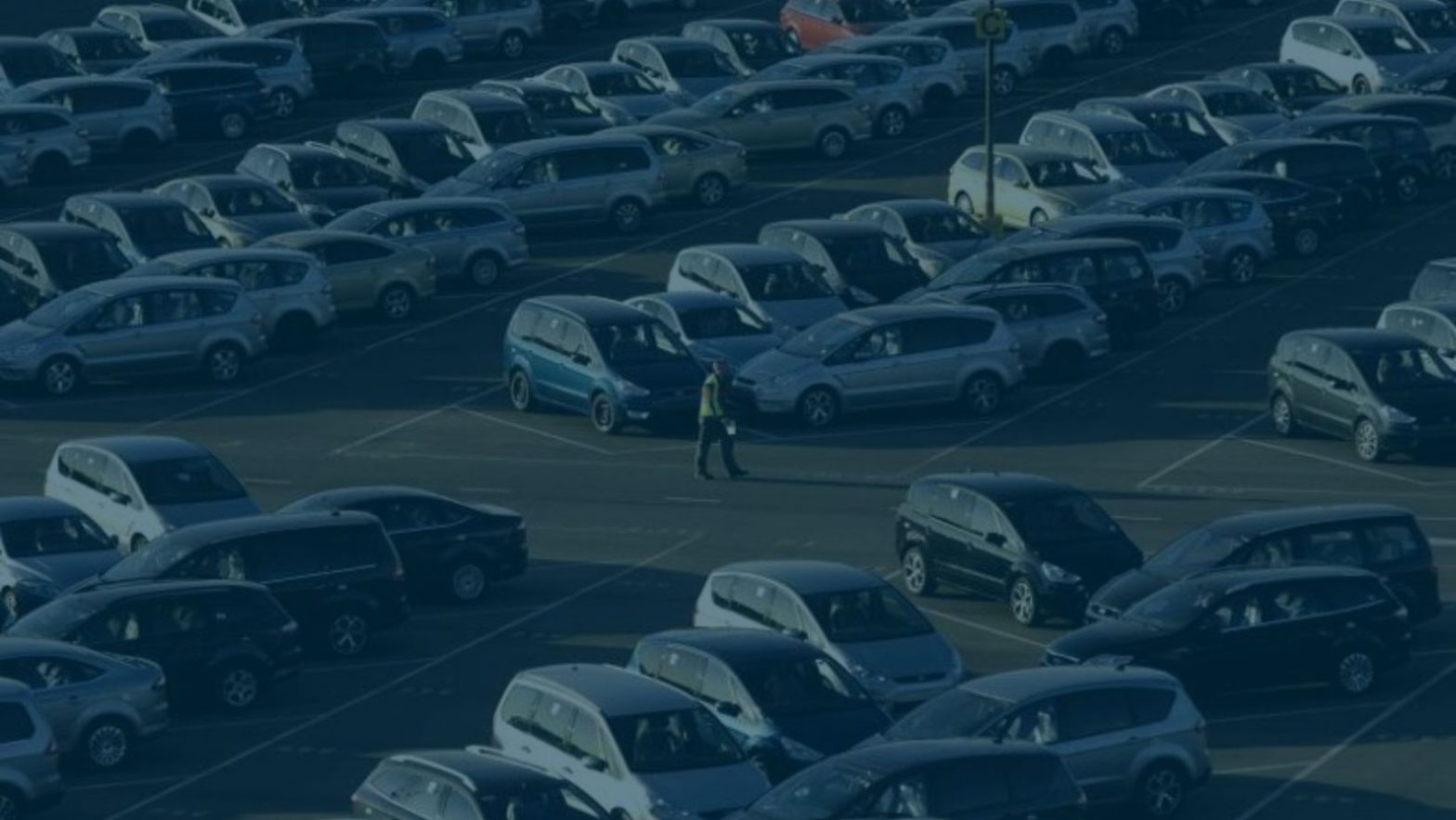
5 consequences of an ageing car fleet
18 years ago, the average age of the car fleet in Spain was under 8 years old. Over time, the age has increased exponentially to stand at 13.2 years today (+65% more).
The ageing of the car population is partly explained by the socio-economic instability that Spain has experienced over the last two decades. The economic crisis caused the number of vehicles registered in 2008 to fall by around -49% compared to 2007. It went from 121K vehicles registered in 2007 to 62K in 2008.
Thus, vehicle sales did not exceed the 100K vehicle registration threshold again until the end of 2018, when the first signs of economic recovery began to appear. In 2020, the health emergency caused, once again, a drop in vehicle sales.
Specifically, vehicle sales in Spain suffered a year-on-year contraction of -38% in 2021, according to EpData. Fewer cars sold means older cars. This drop in sales has led to a logical ageing of the vehicle fleet. According to ACEA, the average age of cars in Spain is 13.0 years old.
Spain thus becomes the country with the highest average vehicle age in the entire European Union. Currently, more than 65% of vehicles in Spain are more than 10 years old, while in 2008, the percentage of “old vehicles” in Spain represented only 34%, according to Motor.es.
Why is the average age of a country’s car fleet increasing?
Instability is often the main reason for the ageing of a country’s car fleet. This is partly because the purchase of a vehicle is often a major outlay for families.
If the economic and social situation is not favourable, the purchase of a family car is often postponed and, consequently, the average age of the car fleet increases.
How does the ageing of the car fleet affect the aftermarket sector?
The covid-19 health crisis has not only led to an ageing car fleet in Spain, but this is a situation that has become widespread throughout Europe. Europeans’ cars are getting older and older.
Beyond an obvious contraction in the number of registered cars, what other effects can this ageing have on the aftermarket sector? BCAR points out the main consequences:
1. More vehicle repairs
One of the most obvious consequences of this situation is the increase in vehicle repairs. The older a car gets, the more maintenance, spare parts and replacements it needs. In addition, in the case of older cars, drivers often opt for independent garages to save costs.
2. Growth of the aftermarket
While it is true that the pandemic has caused a critical drop in the number of registered vehicles, the counterpart is the dramatic increase in the aftermarket.
3. Legislative changes in the aftermarket sector
In 2023, European legislation plans to allow independent garages to have access to the documentation required by manufacturers for original replacement parts.
4. Vehicle connectivity
The cars that are being sold incorporate technology that allows them to be always connected to the workshop. In this way, both the driver and the mechanic know at all times when a vehicle needs a visit to the repair shop.
5. Safer and cleaner cars
Technological advances and automotive innovations in the field of ecology will enhance the safety of new European vehicles. Technological advances will reduce the number of car accidents and, a priori, the sale of spare parts will decrease. However, the demand for spare parts due to wear and tear will continue to increase.
Although covid19 will lead to a contraction of the economy in almost all sectors of activity, the aftermarket will experience a period of growth in the coming years. Older cars will require more maintenance and thus a higher demand for spare and replacement parts.




